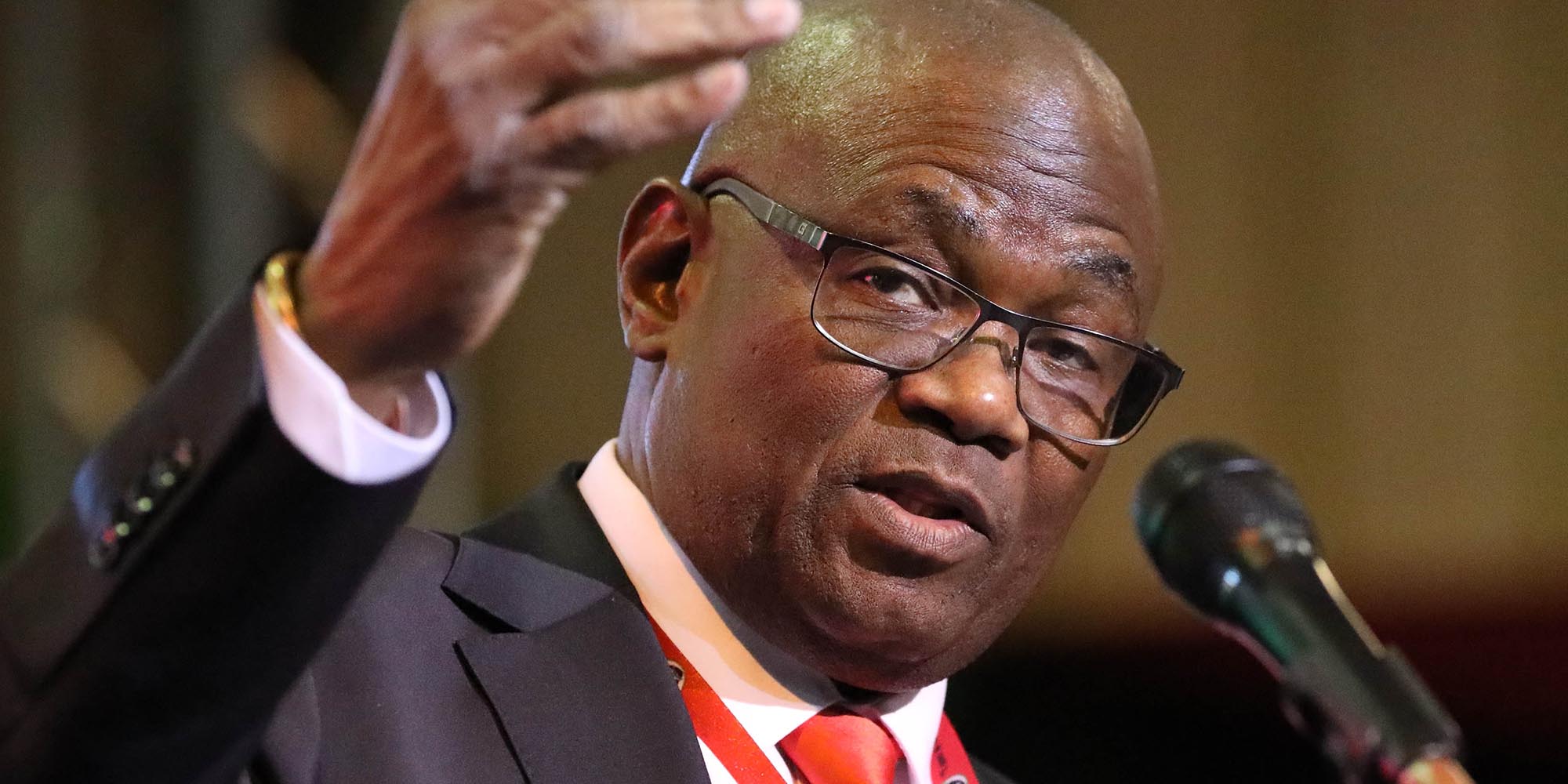A merry-go-round.
That’s what the government and trade unions have been on for more than a year in their negotiations over salary increases for 1.3 million public servants.
Since February 2020, the Department of Public Service and Administration and National Treasury have repeated their proposal for a three-year salary freeze for public servants to cut government spending by R300-billion and bring growing government debt under control.
Major trade unions, including the Public Servants’ Association (PSA), and others affiliated with Cosatu and Fedusa, have rejected the government’s salary freeze proposal. They want a salary increase of consumer price inflation plus 4% in 2021 – effectively 8.2% (the SA Reserve Bank expects inflation to average 4.2% in 2021) – for their members, who include nurses, doctors, police officers and teachers.
Trade unions have, without any success, attempted to convince the government to reconsider its salary freeze position. Instead, the government has only sweetened its offer by offering public servants a monthly cash bonus of R978 and not an inflation-beating salary increase, which the PSA has rejected. Read more here.
In retaliation, the PSA, which claims to represent “more than 235,000” public servants, has threatened to embark on a nationwide strike that might shut down public services such as hospitals, police stations, and schools during a pandemic. The PSA has issued this threat more than twice this year, but the union has not embarked on industrial action.
Divisions in the trade union movement
Trade unions seem divided in their approach to ongoing salary negotiations, which are held at the Public Service Coordinating Bargaining Council (PSCBC).
After failing to convince the government to accede to union demands, the PSA declared a breakdown in talks at the PSCBC on 11 May and asked the dispute to move to a conciliation process. In this process, a mediator has been roped in to break the impasse within 30 days – from 11 May to 11 June. The first conciliation meeting was on 3 June.
PSA assistant general manager Reuben Maleka said the government had snubbed the conciliation process, as “the majority of other unions are still engaged in negotiations” at the PSCBC.
“The employer [the Department of Public Service and Administration] refused to deliberate on its argument orally and requested to submit arguments in writing,” said Maleka.
Put differently, the government doesn’t want parallel processes running with separate trade unions – one at a basic PSCBC level and the other at a conciliation process.
The PSA has again mentioned the possibility of a strike if the government doesn’t meaningfully comply with the conciliation process, which is set to end on 11 June. The trade union plans to subject its members to a ballot on whether to embark on a strike in line with the Labour Relations Act.
Meanwhile, Cosatu-affiliated unions are not participating in the PSA’s conciliation process, opting to stick to ongoing negotiations with the government at the PSCBC. These unions have also not threatened to go on strike.
The Cosatu unions are still consulting with their members about the government’s revised offer (the monthly cash bonus).
Mugwena Maluleke, the chief negotiator for Cosatu unions, said the response by these unions to the government’s sweetened offer will be tabled at the PSCBC in “the next coming days”. He has ruled out the possibility of a strike by public servants – for now.
“This matter [salary negotiations] needs leadership, analysis, and sensitivity as public servants did not get salary increases in 2020 and will possibly not receive an increase this year,” Maluleke told Business Maverick.
“We don’t want to rush into conciliation and frustrate ourselves into a 30-day process, where we’ll end up going on strike and the matter will still not be resolved. A strike should be the absolute last resort. You only go on a strike when you know that there is a possibility of a settlement.” DM/BM
Business Maverick
Trade union divisions keep the merry-go-round revolving over public sector salary talks





